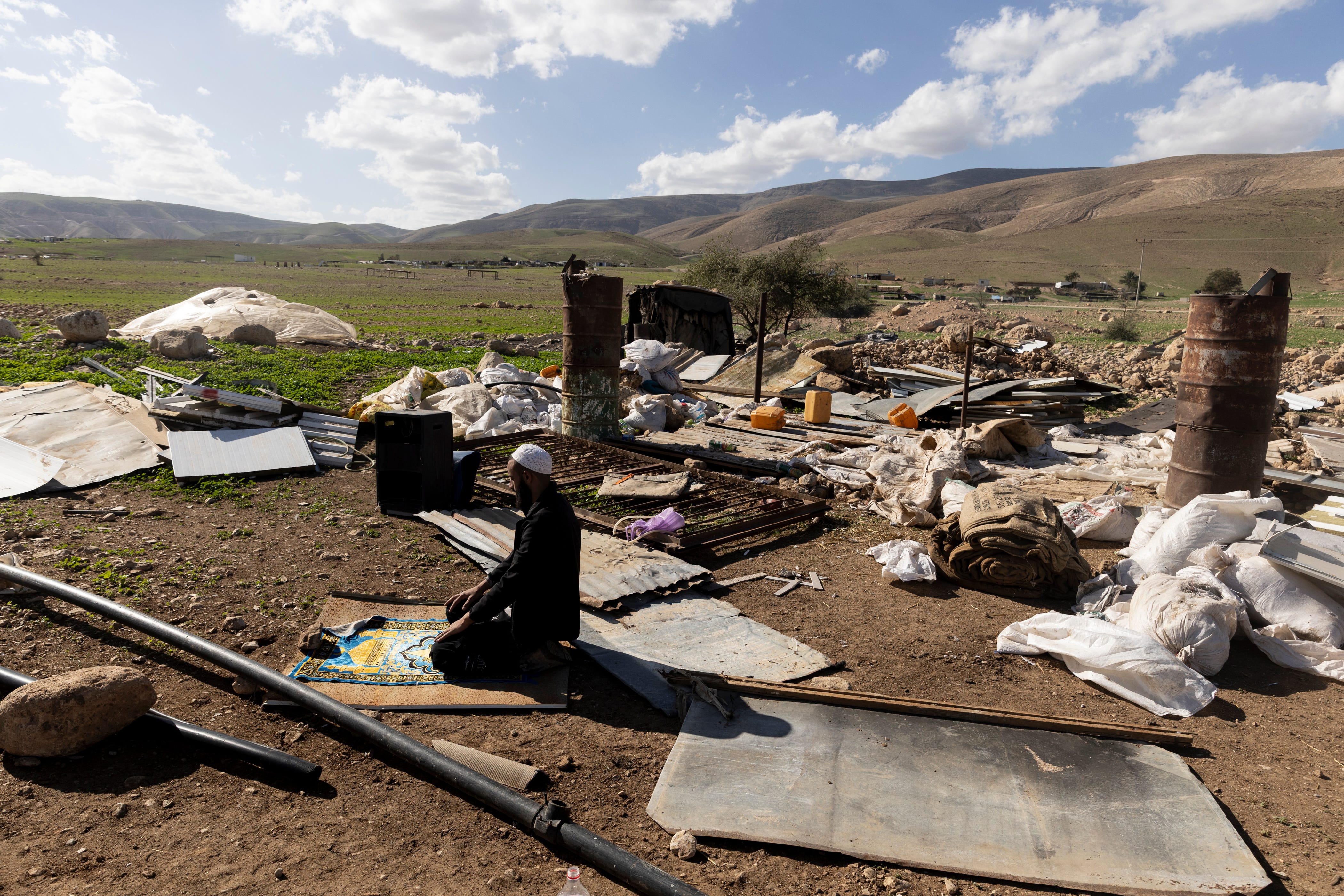Far from learning the lessons of past conflict, the country's military seem ever more willing to resort to brute force.
The general promised "disproportionate" force to destroy entire villages identified as sources of Hizbullah rocket fire, the reasoning being that they are "not civilian villages" but rather "military bases" – the kind of reasoning that can land you in a war crimes tribunal.
Eisenkot pointed to how Israel levelled the Dahiya neighbourhood of Beirut in 2006 and confirmed that this would be the fate of "every village from which Israel is fired on". In case there was any doubt, he added: "This is not a recommendation. This is a plan. And it has been approved."
The frank promise of "disproportionate" force will be chilling for the Lebanese, who even last time round were subjected to indiscriminate attack, the targeted destruction of civilian infrastructure, and carpet cluster-bombing. But what Ha'aretz dubbed the "Dahiya Doctrine" received enthusiastic support in some quarters, such as veteran Israeli TV and print journalist Yaron London.
London seemed highly pleased with Eisenkot's determination to "destroy Lebanon", undeterred "by the protests of the 'world'". London, while looking forward to Israel "pulverising" some "160 Shi'ite villages" made the implications of Eisenkot's thinking clear: "In practical terms, the Palestinians in Gaza are all Khaled Mashaal, the Lebanese are all Nasrallah, and the Iranians are all Ahmadinejad." The meaning of "practical terms" did not need repeating.





 Over the span of four years, 50-year-old Fidda Mohammad Naasan and her family have been violently...
Over the span of four years, 50-year-old Fidda Mohammad Naasan and her family have been violently... When we talk about our inability to pay attention, to concentrate, we often mean and blame...
When we talk about our inability to pay attention, to concentrate, we often mean and blame...






























